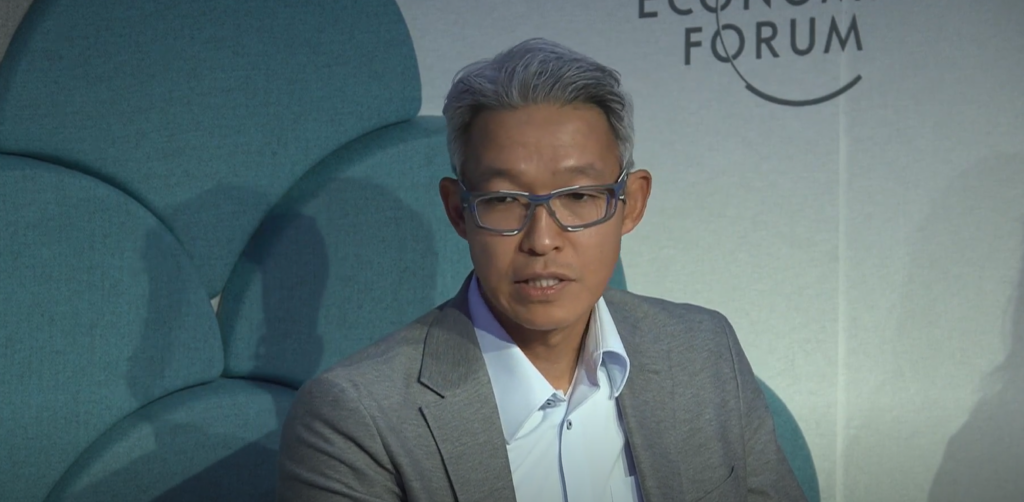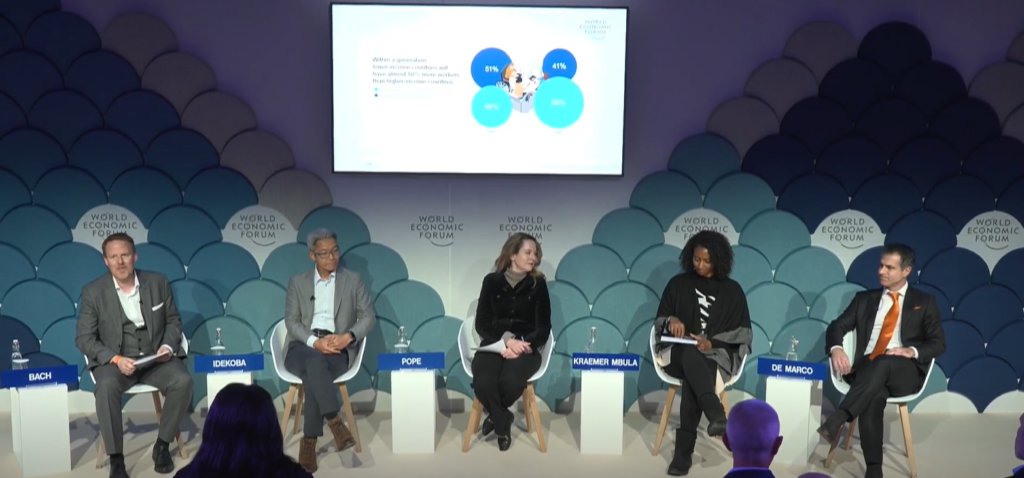



DUBAI: Hisayuki Idekoba, CEO of Japan’s human resources company Recruit, said on Thursday at the World Economic Forum that immigrants are playing an important part in the stability of developed countries’ regular markets.
Recruit’s services include various job-related search engines like Indeed, Simply Hired, and Glassdoor. Idekoba said that many workers who click on job postings from developed countries, like the UK and the US, are immigrants.
“In the last five years, the US has added four million workers, but 90% of those were immigrants,” the CEO said during a panel titled ‘Redrawing the Geography of Jobs’. “68% of farmers are immigrants and 30% of hospitality and factory workers are immigrants.”
“There is more of a conversation in all developed countries’ governments about having more restrictive policies, but immigrants play a huge role on all developed countries’ markets. Immigrants are becoming more important,” he added.
Proving his statement further, Idekoba stated that nowadays many employers don’t put English as a requirement in job postings and are willing to offer visa sponsorships.
“In the UK, 3% of jobs don’t require English,” he said, adding that the same trend is occurring in Spain, where employers don’t require Spanish. “These are trends we are seeing with demographic changes.”
Additionally, he mentioned that AI will change the future of many desk work jobs, adding that many desk workers don’t want to do blue-collar jobs, such as construction, so migrants are needed to fill that gap.
“During the pandemic, we realized that remote work is such a privilege. AI can change lots of jobs, but mainly white collar (desk jobs) workers. There is 70%-80% higher demand for healthcare workers (rather than computer programmers), probably because AI is helping with productivity. Remote work is important but not good enough, so we need to have some kind of AI robotic cycle but it will take time,” he said.
On the other hand, Idekoba said he understands why the younger people don’t want to do construction or labor work due to the low wages. “There are so many jobs and the government is training people to be construction workers, but they don’t want to be that. There should be more evaluation of these jobs (that are) having more demand. We need to pay more to fill these positions,” he said.
Other guests at the panel included Erika Kraemer-Mbula, South African Economist; Amy Pope, Director General of the International Organization for Migration; and Nacho De Marco, Founder of BairesDev.